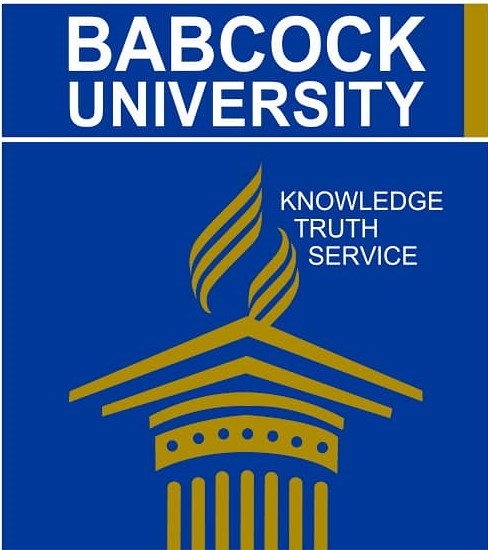Faith in Transition: How Digital Technology is Shaping Christian Doctrine Today
DOI:
https://doi.org/10.5281/zenodo.17271676Parole chiave:
Digital technology, Christian doctrine, Media theory, Mediatization of religion, Ecclesiastical authority, Digital theologyAbstract
This study interrogates the transformative role of digital technology in the formulation, dissemination, and reception of Christian doctrine in the contemporary era. It critically evaluates the dual dynamics of opportunity and disruption: the capacity of digital platforms to broaden the reach and contextualization of Christian teachings, and their simultaneous tendency to destabilize traditional ecclesiastical authority and doctrinal coherence. Situated within the frameworks of media theory and theological inquiry, the research employs a qualitative methodology encompassing the analysis of live-streamed sermons, digital Bible applications, and faith-oriented social media practices. The findings demonstrate that digital technologies significantly enhance accessibility, stimulate interactive modes of engagement, and particularly appeal to younger demographics. Conversely, they contribute to the decentralization of authority, promote individualized hermeneutics, and engender risks of doctrinal dilution. The discussion foregrounds the mediatization of religion, arguing that digital technologies operate not as neutral instruments but as constitutive environments that actively shape theological discourse and practice. The study recommends a critical appropriation of digital platforms by Christian institutions, emphasizing the necessity of balancing accessibility with theological rigor, reaffirming communal interpretative authority, and equipping younger generations with digital discernment. It concludes that digital technology should be understood not as an ancillary tool but as a defining context in which Christian doctrine must be articulated, embodied, and transmitted in the twenty-first century.
Downloads
Dowloads
Pubblicato
Fascicolo
Sezione
Licenza
Copyright (c) 2025 Journal of Education, Communication, and Digital Humanities

Questo volume è pubblicato con la licenza Creative Commons Attribuzione 4.0 Internazionale.













 =======================================================================================================================================
=======================================================================================================================================